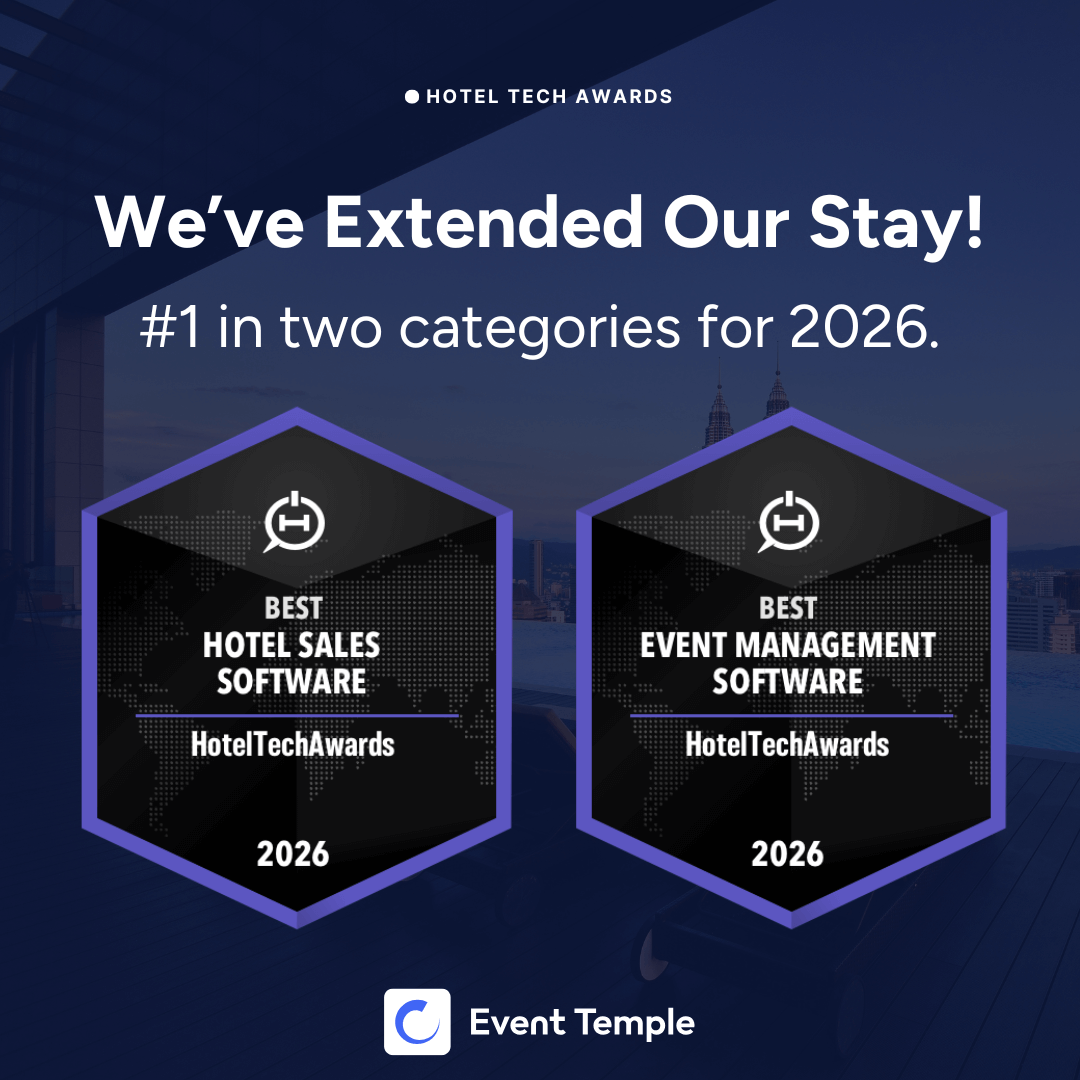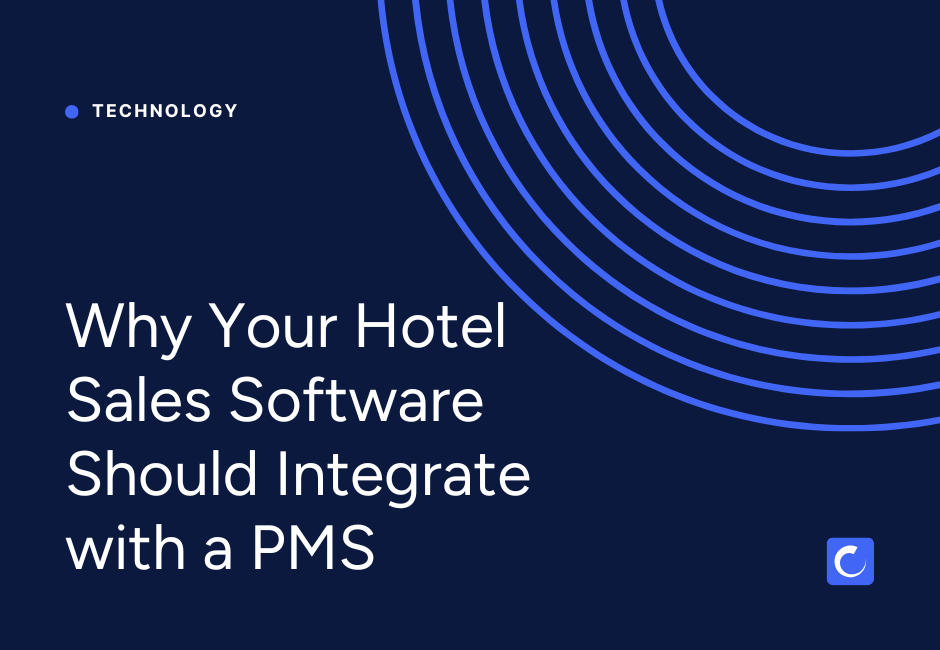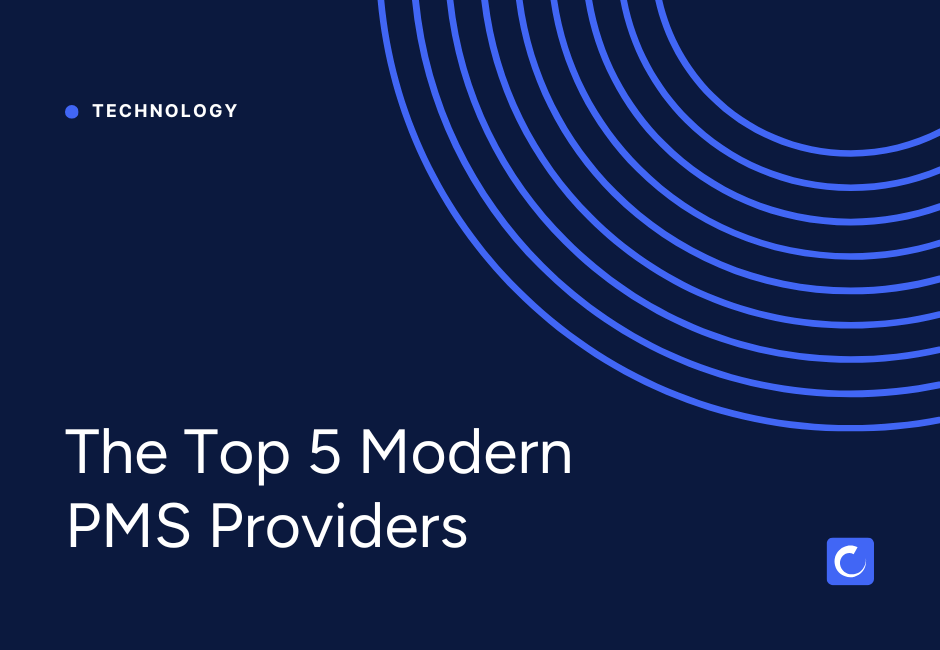
When running a hotel, mastering the art of responding to Requests for Proposals (RFPs) is extremely important for hotels aiming to secure new business and expand their client base. An effective RFP response would not only showcase a hotel's offerings but also demonstrate a deep understanding of potential clients' needs, setting the stage for successful partnerships and increased revenue.
Understanding RFP Challenges
Handling Volume: Hotels must prioritize RFPs based on potential impact and alignment with their strategic goals. Effective prioritization ensures that resources are allocated to proposals with the highest potential return, maximizing the use of time and effort.
Ensuring Timeliness: Each RFP is unique, requiring tailored responses that directly address the specific needs and criteria of the event planner. Hotels and Venues must adapt their offerings to meet these demands precisely, ensuring that proposals are not only comprehensive but also delivered within the often stringent deadlines set by potential clients.
Checklist to follow:
- Implement an RFP tracking system to manage multiple proposals effectively.
- Set internal deadlines that precede the client’s deadlines for timely submissions.
- Regularly update templates to maintain relevance and accuracy.
Tools Recommended:
- RFP Tracking: Asana and Trello for workflow management, and Loopio for enhancing RFP response efficiency.
- Document Automation: PandaDoc to automate and keep templates current.
Strategic Preparation Before Responding
Understanding Hotel Capabilities: A comprehensive internal review of the hotel’s facilities, services, and unique selling propositions is crucial. This ensures that the strengths and specialties of the hotel are effectively communicated in the proposal, aligning what the hotel excels at with what the RFP is asking for.
Aligning with Client Needs: Beyond a mere review, this involves a deep dive into the specific requirements and expectations outlined in the RFP. This alignment is critical in crafting a response that resonates with the event planner, showcasing how the hotel’s capabilities are not just adequate but ideally suited to their needs.
Checklist to follow:
- Review the event planner’s history and previous feedback using a CRM system.
- Match your hotel’s strengths with the RFP requirements to highlight relevant offerings.
- Prepare a list of unique and customizable features that can enhance the proposal.
Tools Recommended:
- CRM Systems: HubSpot CRM for tracking client interactions and history.
- Data Analysis: Tableau or Microsoft Power BI for detailed analysis of how hotel offerings can meet specific RFP requirements.
.jpg)
Personalizing Proposals
Custom Tailored Responses: Each proposal should feel bespoke, crafted with the understanding of the event planner's past preferences and current expectations. This involves more than just changing the names and dates; it’s about weaving the narrative of the proposal around what has been specifically requested, using prior engagements and feedback to enhance the personal touch.
Use of Technology: Leveraging advanced proposal software not only speeds up the creation process but also ensures each proposal is visually appealing and easy to customize further. This technology enables hotels to efficiently manage and modify content to meet unique client demands without starting from scratch each time.
Checklist to follow:
- Incorporate details from the planner’s past events to demonstrate understanding and continuity.
- Utilize proposal software to create visually appealing and personalized proposal documents.
- Highlight case studies or testimonials that relate directly to the planner’s industry or type of event.
Tools recommended:
- Digital RFP Platforms: Proposify for creating dynamic and engaging proposals.
- Design Software: Adobe InDesign for high-quality, visually impactful proposal documents.
Leveraging Technology for Efficiency
RFP Management Software: These tools are designed to simplify and streamline the entire RFP process, from the initial receipt of the RFP to the final submission of the proposal. They help in organizing and tracking multiple RFPs, ensuring that no opportunity is missed due to mismanagement.
Communication Tools: Effective communication is critical in maintaining momentum throughout the RFP process. Using integrated communication tools ensures that all team members are updated in real-time about RFP statuses, facilitating better collaboration and quicker decision-making.
Checklist to follow:
- Use RFP scoring systems to prioritize responses based on potential revenue and alignment with hotel capabilities.
- Implement automated reminders for follow-ups to keep potential clients engaged.
- Track proposal outcomes to refine strategies and improve future responses.
Tools recommended:
- RFP Management Software: Cvent offers comprehensive management features that facilitate smoother RFP handling.
- Communication Tool: Slack for seamless internal communication and real-time updates.
- Project Management Software: Monday.com for tracking proposal stages, tasks, and deadlines.
.jpg)
Effective Follow-Up Strategies
Prompt Acknowledgment: Immediately acknowledging the receipt of an RFP sets a professional tone and shows the potential client that their request is being taken seriously. This first impression can be crucial in setting the stage for future interactions.
Engaging Updates: Regularly updating clients about the status of their RFP keeps them engaged and informed. This not only demonstrates the hotel’s commitment to transparency but also helps in maintaining their interest throughout the often lengthy RFP process.
Checklist to follow:
- Send a thank-you email upon receiving an RFP to acknowledge and confirm its review.
- Schedule periodic updates via email or phone to keep the client informed of the proposal’s status.
- Utilize dashboards for real-time tracking of communications and client interactions.
Tools Recommended:
- Email Automation: Mailchimp or Constant Contact for managing and automating client communication effectively.
- Customer Interaction Tracking: Zendesk to keep track of all customer interactions and ensure timely responses.
Utilizing Data for Continuous Improvement
Outcome Analysis: By systematically reviewing which proposals were successful and identifying the reasons behind wins and losses, hotels can pinpoint what works and what doesn’t. This analysis helps in continuously enhancing the quality of RFP responses.
Trend Identification: Keeping an eye on evolving industry trends allows hotels to anticipate changes in RFP requirements and adjust their strategies accordingly. This proactive approach ensures that the hotel remains competitive and responsive to market dynamics.
Checklist to follow:
- Set up a system for gathering and analyzing feedback on each RFP response.
- Use data analytics to assess the effectiveness of different proposal elements.
- Continuously update proposal strategies based on analytical insights and market trends.
Tools Recommended:
- Feedback Systems: SurveyMonkey or Google Forms for efficient and systematic collection of feedback.
- Advanced Analytics: Google Analytics for in-depth analysis of web-based interactions related to RFP pages, providing insights into user behavior and preferences.
Conclusion
Crafting effective RFP responses at your hotel requires a balanced approach combining meticulous preparation, personalized engagement, strategic use of technology, and continuous improvement through data.
While the tools recommended in this blog can enhance specific RFP tasks, Event Temple offers a unique, all-in-one solution that integrates your client relationship management, proposal customization, and follow-up channels for Hotels and Venues. This comprehensive approach simplifies workflows, reduces the need for multiple tools, and saves your time so you can spend it on boosting RFP success rates.



